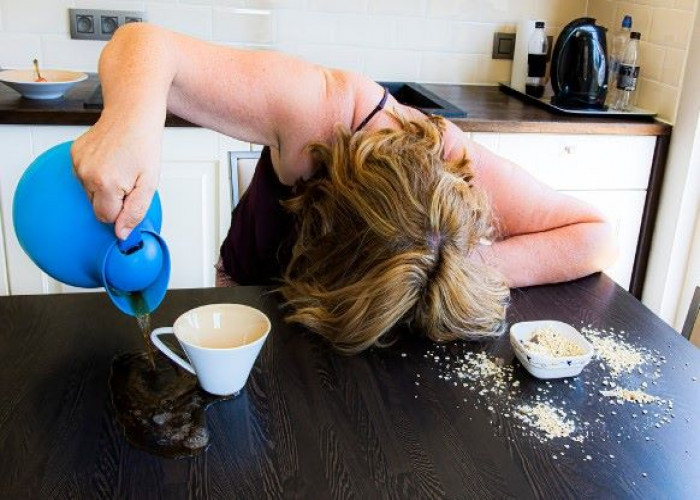 Welcome
Welcome
“May all be happy, may all be healed, may all be at peace and may no one ever suffer."
Hangovers
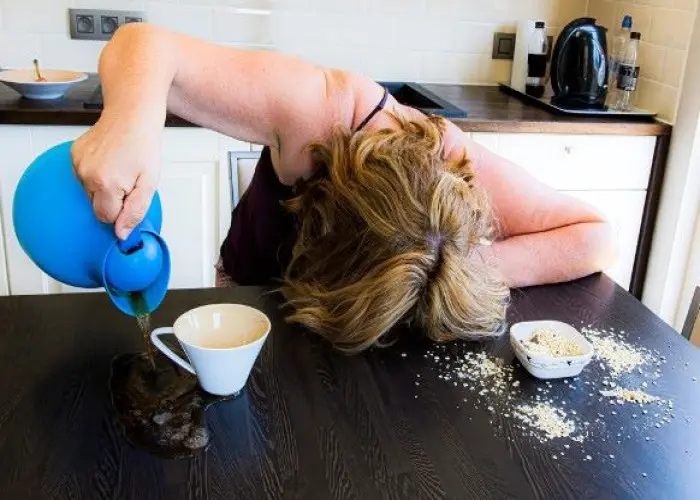
Hangovers are a common after-effect of consuming excessive amounts of alcohol. The symptoms of a hangover can vary, but they typically include headache, fatigue, dehydration, nausea, vomiting, and dizziness. Other common symptoms may include sensitivity to light and sound, muscle aches, and cognitive impairment.
The exact cause of hangovers is not fully understood, but it is believed that alcohol consumption can cause dehydration, inflammation, and disruption of normal bodily functions, leading to the symptoms associated with hangovers. Additionally, the metabolism of alcohol can produce byproducts that are toxic and can contribute to the symptoms of a hangover.
There are several strategies that can be used to prevent or alleviate the symptoms of a hangover. These include:
- Limiting the amount of alcohol consumed
- Drinking water or other non-alcoholic beverages alongside alcohol
- Eating a meal before or during alcohol consumption to slow the absorption of alcohol
- Getting adequate sleep
- Taking over-the-counter pain relievers such as ibuprofen or aspirin to alleviate headache and muscle pain
- Replenishing electrolytes and fluids with sports drinks or coconut water
- Drinking ginger tea to alleviate nausea
It is important to note that there is no single cure for a hangover, and the best approach is to avoid excessive alcohol consumption in the first place. If you or someone you know has a problem with alcohol, it is important to seek help from a healthcare provider or a substance abuse specialist.
Research Papers
Disease Signs and Symptoms
- Fatigue (Tiredness)
- Rapid heartbeat (tachycardia)
- Decreased ability to think or concentrate, or indecisiveness
- Dizziness (vertigo)
- Sensitivity to light (Photophobia)
- Lack of sleep (Sleep apnea)
- Abdomen pain
- Nausea or vomiting
- Muscle pain
- Headaches
- Dry mouth
- Excessive thirst
- Weakness
- Mood disturbances, such as depression, anxiety and irritability
Disease Causes
Hangovers
Hangovers are caused by drinking too much alcohol. A single alcoholic drink is enough to trigger a hangover for some people, while others may drink heavily and escape a hangover entirely.
Various factors may contribute to a hangover. For example:
- Alcohol causes your body to produce more urine. In turn, urinating more than usual can lead to dehydration — often indicated by thirst, dizziness and lightheadedness.
- Alcohol triggers an inflammatory response from your immune system. Your immune system may trigger certain agents that commonly produce physical symptoms, such as an inability to concentrate, memory problems, decreased appetite and loss of interest in usual activities.
- Alcohol irritates the lining of your stomach. Alcohol increases the production of stomach acid and delays stomach emptying. Any of these factors can cause abdominal pain, nausea or vomiting.
- Alcohol can cause your blood sugar to fall. If your blood sugar dips too low, you may experience fatigue, weakness, shakiness, mood disturbances and even seizures.
- Alcohol causes your blood vessels to expand, which can lead to headaches.
- Alcohol can make you sleepy, but it prevents deeper stages of sleep and often causes awakening in the middle of the night. This may leave you groggy and tired.
Congeners
Alcoholic beverages contain ingredients called congeners, which give many types of alcoholic beverages their flavor and can contribute to hangovers. Congeners are found in larger amounts in dark liquors, such as brandy and bourbon, than in clear liquors, such as vodka and gin.
Congeners are more likely to produce a hangover or increase the severity of a hangover. But drinking too much alcohol of any color can still make you feel bad the next morning.
Disease Prevents
Hangovers
Despite various over-the-counter pills and tablets that claim to prevent hangovers, the only guaranteed way to prevent a hangover is to avoid alcohol. If you choose to drink, do so in moderation.
Moderate alcohol use for healthy adults means up to one drink a day for women of all ages and men older than age 65, and up to two drinks a day for men age 65 and younger.
The less alcohol you drink, the less likely you are to have a hangover. It may help to:
- Eat before and while drinking. As alcohol is absorbed more quickly if your stomach is empty, it may help to eat something before drinking alcohol and during the time you're drinking.
- Choose carefully. Beverages with fewer congeners are slightly less likely to cause hangovers than beverages with more congeners, but remember that all types of alcohol can result in a hangover.
- Sip water between drinks. Drinking a full glass of water after each alcoholic drink will help you stay hydrated. It'll also help you drink less alcohol.
- Know your limits and only drink in moderation. Decide ahead of time how many drinks you'll have — and stick to it. Don't feel pressured to drink.
- Take it slow. Avoid having more than one alcoholic drink in an hour. Stop drinking completely when you've reached your limit (or before then).
Some people take over-the-counter pain relievers, such as aspirin or ibuprofen (Advil, Motrin IB, others), to prevent hangover symptoms. But ask your doctor if this is safe for you and what dosage is best for you. These medications may interact with other medications, and acetaminophen (Tylenol, others) may cause liver damage if too much alcohol is consumed.
Disease Treatments
Time is the only sure cure for a hangover. In the meantime, here are a few things you can do to help yourself feel better:
- Fill your water bottle. Sip water or fruit juice to prevent dehydration. Resist any temptation to treat your hangover with more alcohol. It'll only make you feel worse.
- Have a snack. Bland foods, such as toast and crackers, may boost your blood sugar and settle your stomach. Bouillon soup can help replace lost salt and potassium.
- Take a pain reliever. A standard dose of an over-the-counter pain reliever may ease your headache. But aspirin can irritate your stomach. And if you regularly drink alcohol to excess, acetaminophen (Tylenol, others) can cause severe liver damage even in doses previously thought to be safe.
- Go back to bed. If you sleep long enough, your hangover may be gone when you awaken.
Alternative medicine
Proposed alternative remedies for hangovers abound, but studies haven't found any natural remedies that consistently improve hangover symptoms.
Talk with your doctor before trying any alternative medicine. Keep in mind that natural doesn't always mean safe. Your doctor can help you understand possible risks and benefits before you try a treatment.
Disease Diagnoses
Disease Allopathic Generics
Disease Ayurvedic Generics
Disease Homeopathic Generics
Disease yoga
Hangovers and Learn More about Diseases

Amniotic fluid embolism
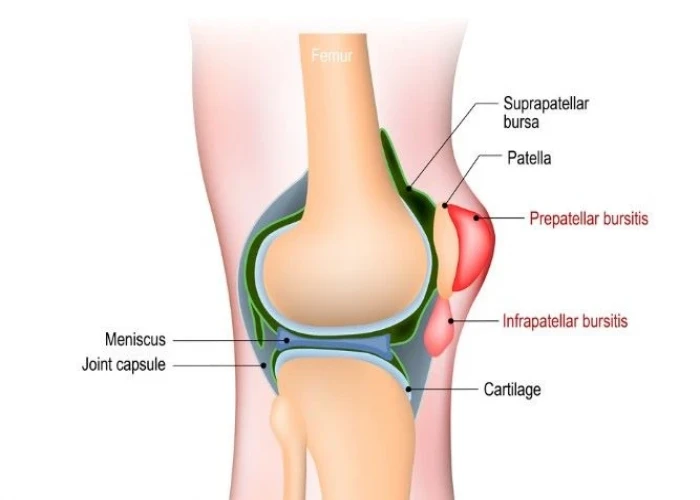
Knee bursitis
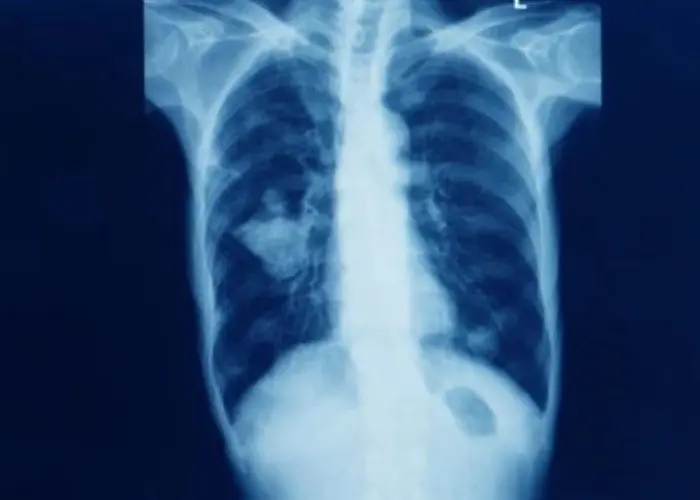
Carcinoma of unknown primary
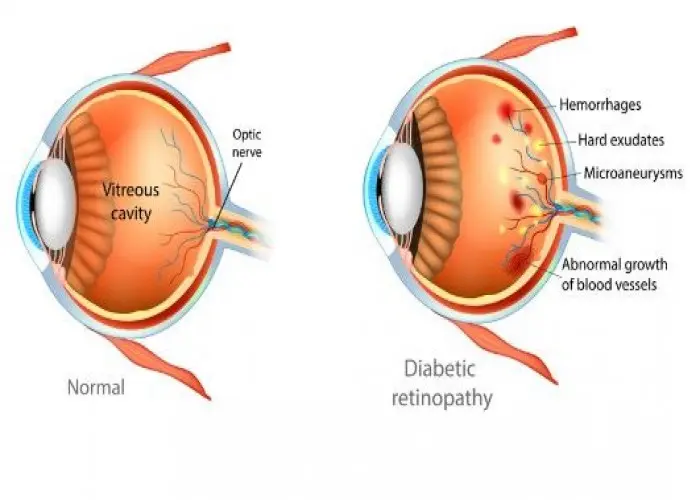
Diabetic retinopathy
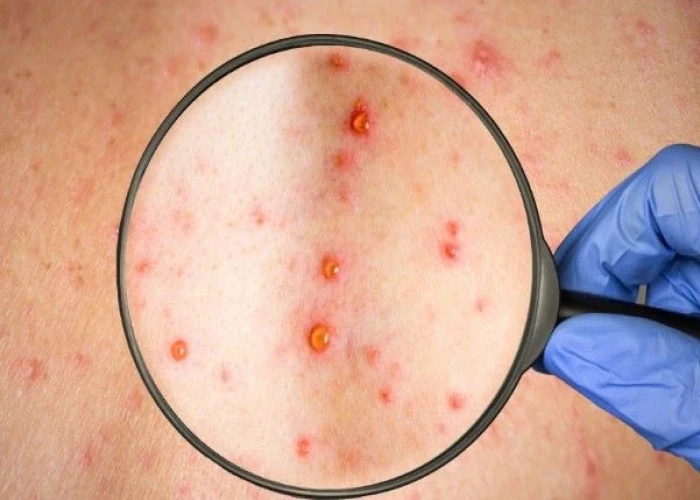
Rubella

Mold allergy
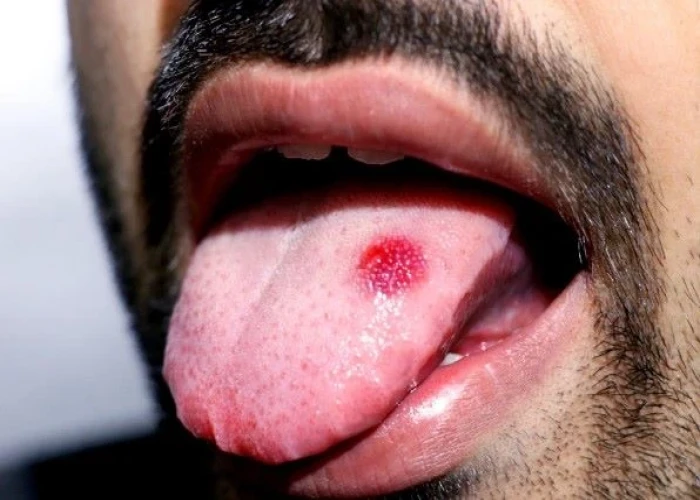
Leukoplakia
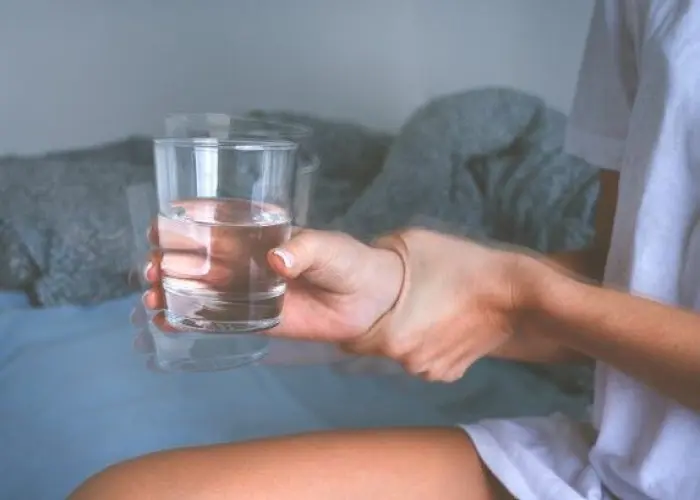
Essential tremor
hangovers, হ্যাংওভার
To be happy, beautiful, healthy, wealthy, hale and long-lived stay with DM3S.
